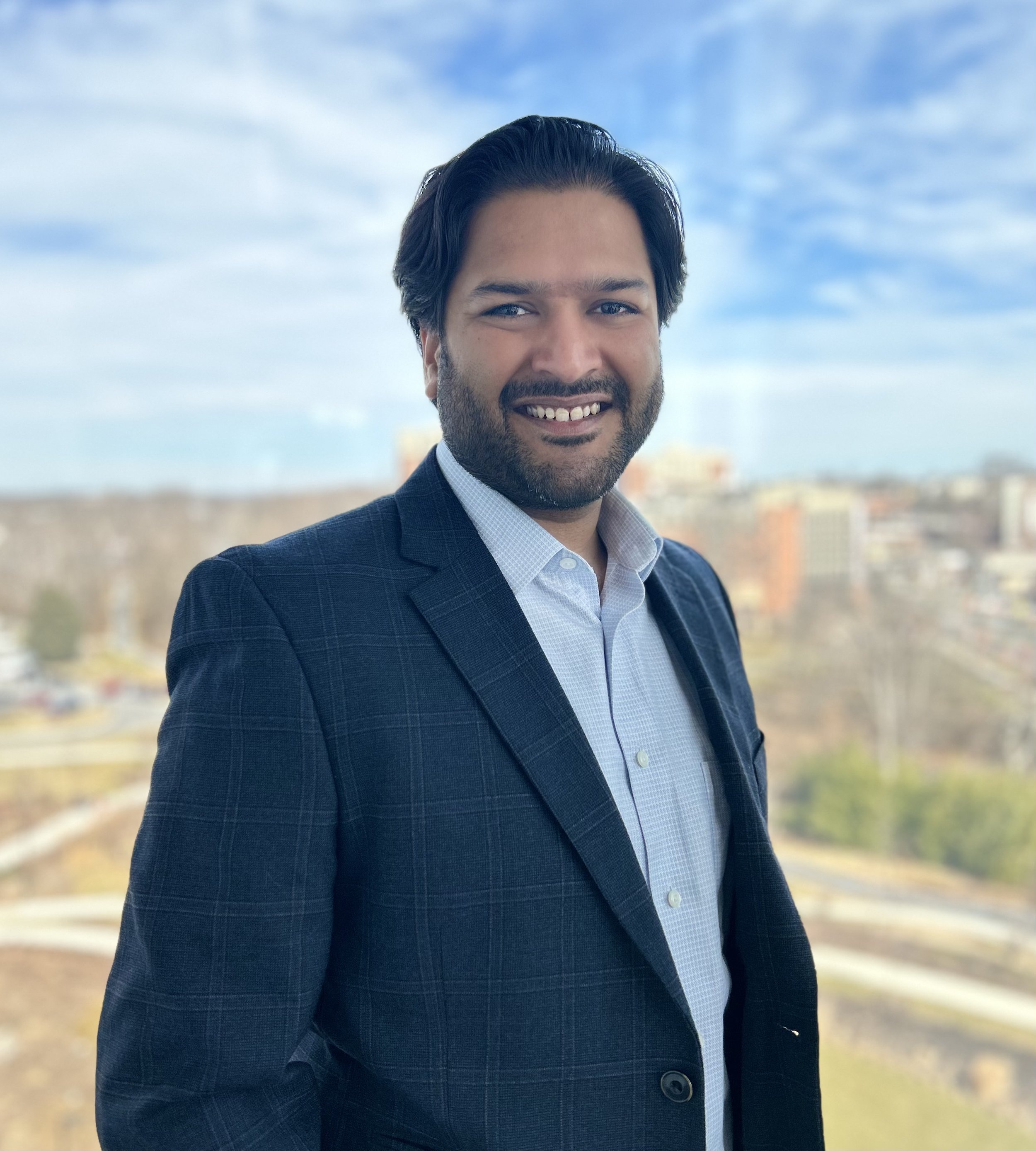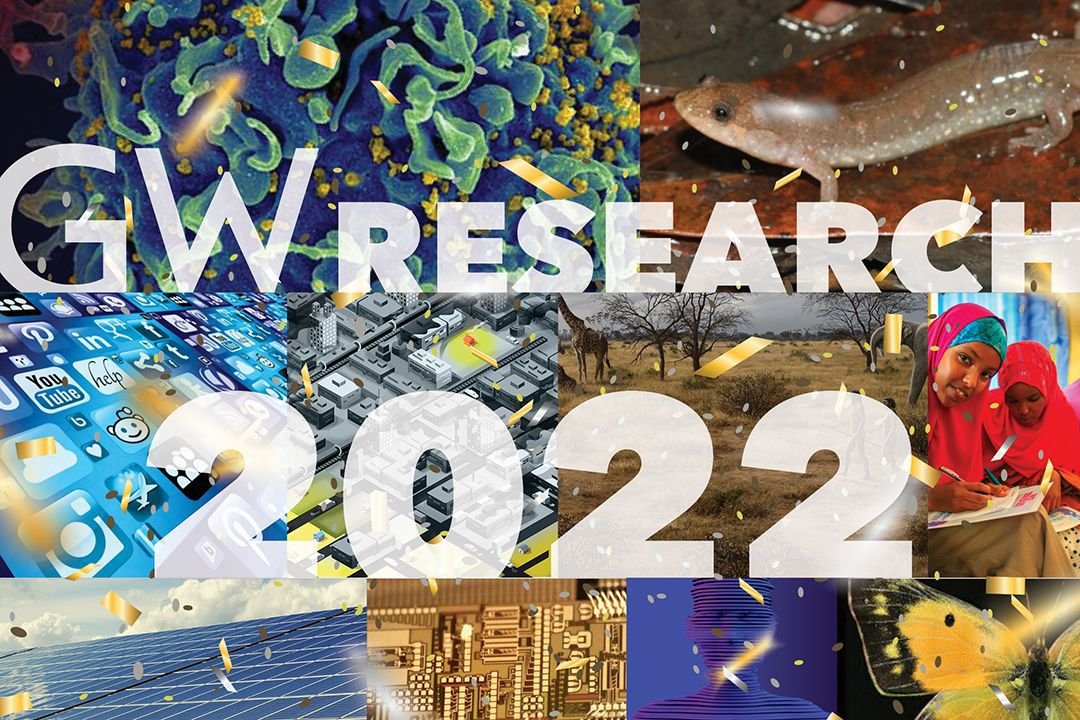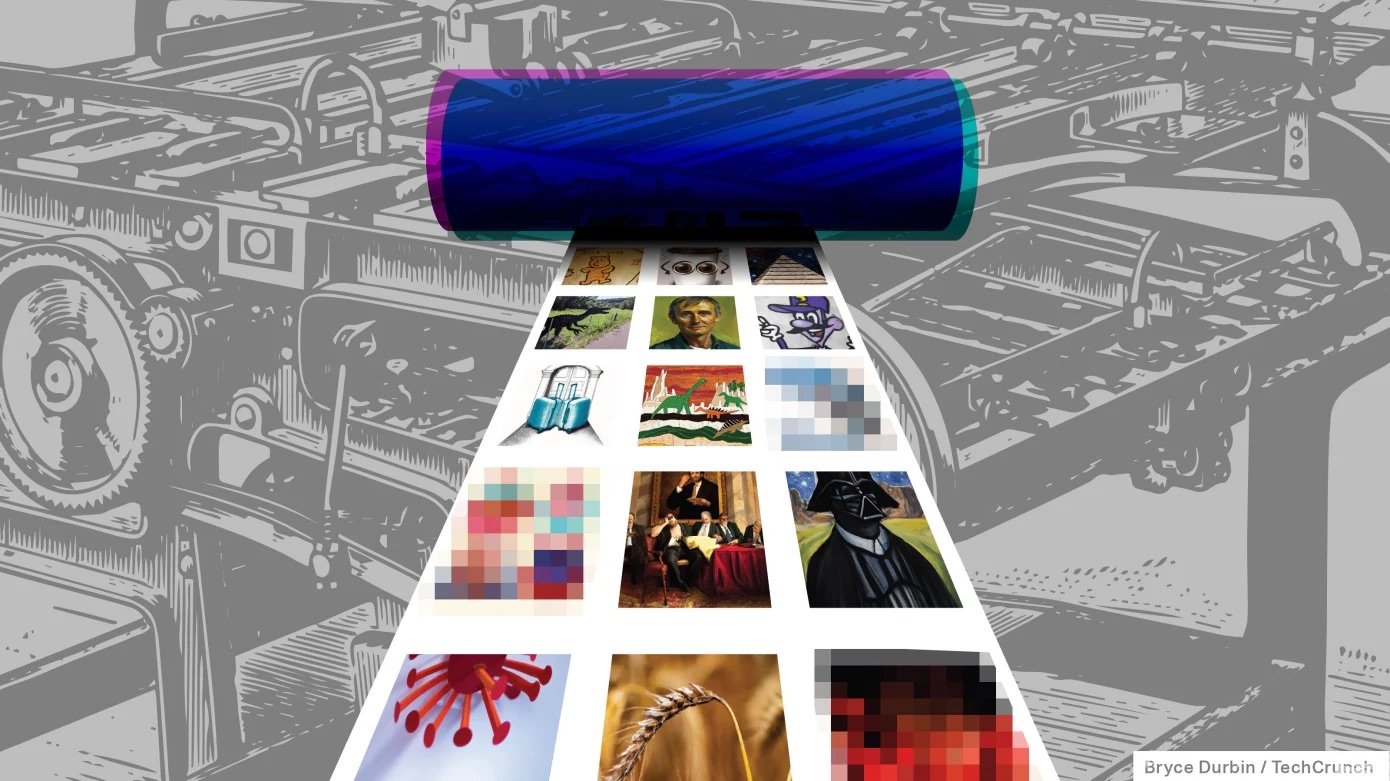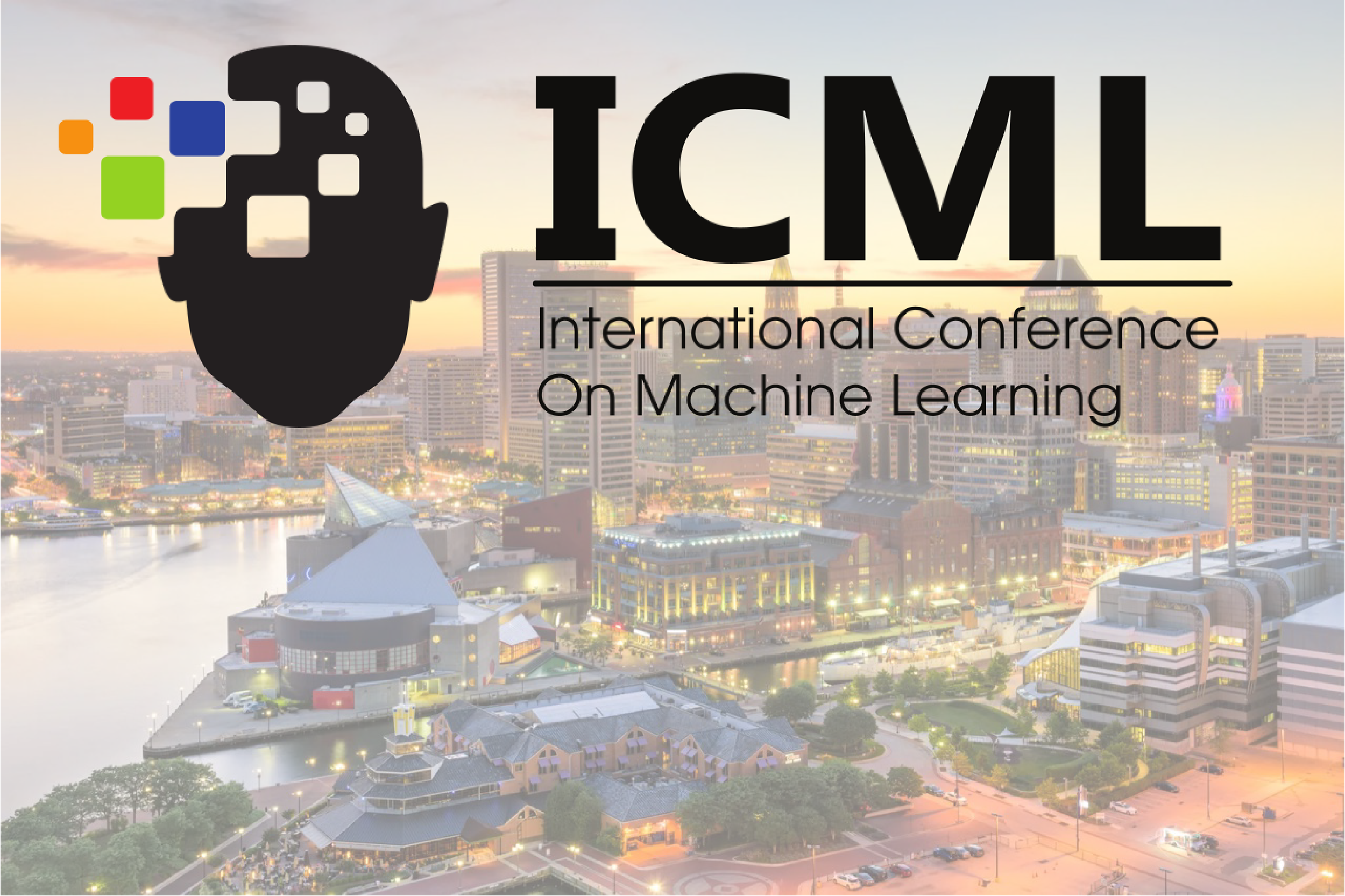News

Shrivastava Receives NSF CAREER Award to Advance Computers’ Understanding of Temporal Phenomena
UMD’s Abhinav Shrivastava is developing innovative technologies so that computers can better understand temporal phenomena, the term used to describe observable changes over time.

How ChatGPT Could Embed a ‘Watermark’ in the Text It Generates
Research on watermark detection by OpenAI and UMD’s Tom Goldstein was featured in The New York Times.

Navigating Controversy in Computing Research: A Historical View of Data Ethics Work
UMD’s Katie Shilton discusses how researchers have navigated artificial intelligence controversies like racial bias and privacy.

Navigating Controversy in Computing Research: A Historical View of Data Ethics Work
In a Q&A with the College of Information Studies, UMD’s Katie Shilton talks about her research on ethics and governance in AI.

A New Look on Global Data Sharing and Digital Trade
GW’s Susan Ariel Aaronson publishes three op-eds that discuss data as a digital good that poses both unique values and challenges.

A Watermark for Chatbots Can Expose Text Written By AI
UMD’s Tom Goldstein discusses digital watermarks used to detect AI-generated text in a story published in MIT Technology Review.

Can America Learn This Pandemic’s Lessons Before the Next One Hits?
Cornell University’s Valerie Reyna shares her expertise on risky decision-making with Vanity Fair on ways to prepare for the next global pandemic.

GW Research Pushes to the Future
GW’s Rebekah Tromble was recognized for her work on an NSF-funded project that led to the development of a platform that aids journalists facing coordinated campaigns of online harassment.

Image-generating AI Can Copy and Paste from Training Data, Raising IP Concerns
A new study by researchers at Maryland and NYU shows Stable Diffusion and like models replicate data.

The National Science Foundation Awards $5 Million to IDDP Team to Continue Work Assisting Journalists Facing Online Harassment
GW’s Rebekah Tromble is leading a team of researchers that are working to build a platform where female journalists can report abuse and tap into an array of support.

Faculty Receive Meta Research Awards to Advance AI
UMD’s Jordan Boyd-Graber is creating challenging human-in-the-loop (HITL) examples for question-answering tasks assigned to computers.

Huang Receives Microsoft Award for Innovative Work in Sequential Decision-Making
UMD’s Furong Huang received an award from Microsoft for her novel work in sequential decision-making.

Huang Named to Prestigious List of 35 Innovators Under 35
UMD’s Furong Huang was recognized as a visionary for her work in making AI more trustworthy, and developing models that can perform tasks safely and efficiently in unseen environments without human oversight.

Creeped Out by Online Ads? A UMD Researcher Is Studying How Companies Target You
UMD’s Michelle Mazurek says her project aims to create tools for greater transparency when it comes to targeted online advertising.

Twitter Whistleblower Unlikely to Spur Congressional Action
GW’s Rebekah Tromble weighs in on the Senate Judiciary Committee’s hearing with a former Twitter security chief turned whistleblower who revealed data security issues at the social media company.

Driven to Make an Impact
UMD’s Kate Atchison was presented with the University System of Maryland Board of Regents Staff Award for her exemplary work supporting national diversity, equity and inclusion efforts in computing.

App Developed by a Saint Louis University Researcher Helps Stop Human Trafficking
GW’s Robert Pless is part of a team that developed TraffickCam, an app that empowers people to anonymously photograph hotel rooms and upload data to a national law enforcement database to combat sex trafficking.

UMD Machine Learning Experts Presenting Multiple Papers and Workshops at ICML 2022
UMD’s Hal Daumé III, Tom Goldstein and Soheil Feizi are among a mix of UMD faculty, postdocs and students presenting 18 papers and featured in 18 workshops at the 39th International Conference on Machine Learning in Baltimore.

CLIP Lab Presents a Plethora of Papers and Workshops on Human-Centered NLP
UMD’s Marine Carpuat, Jordan Boyd-Graber, and Hal Daumé presented papers at a conference focused on human-centered natural language processing.

Use of Twitter Helped Taliban Regain Control in Afghanistan, Researchers Find
UMD’s Cody Buntain is part of a team of researchers who found that Twitter was a strategic tool for Taliban operations in overthrowing the Afghanistan leadership during the country’s civil war.
